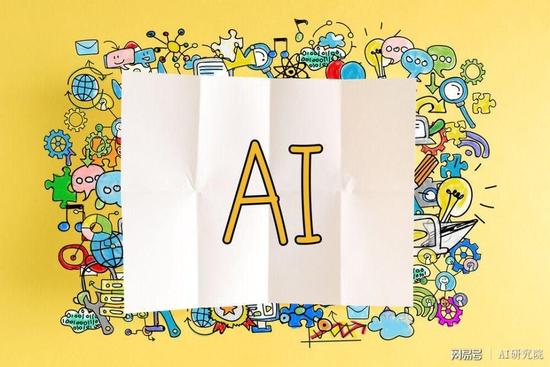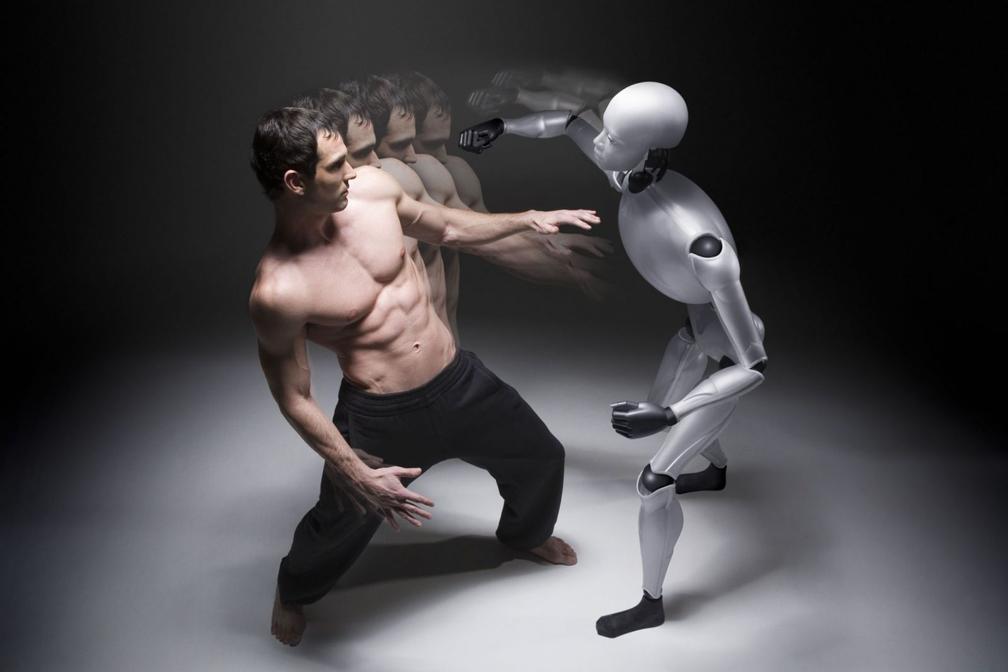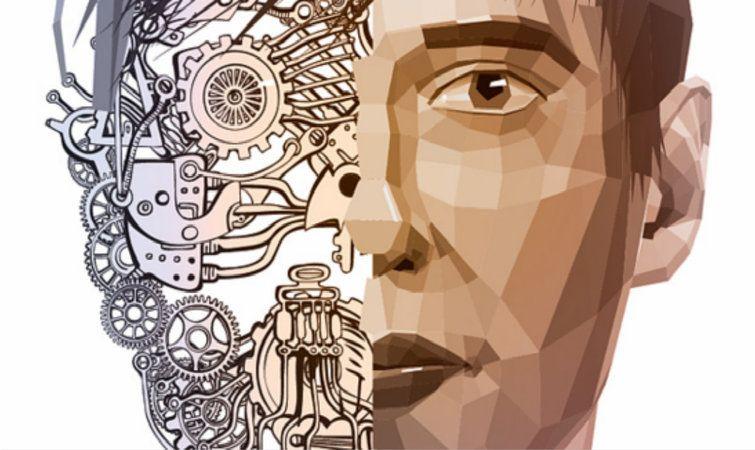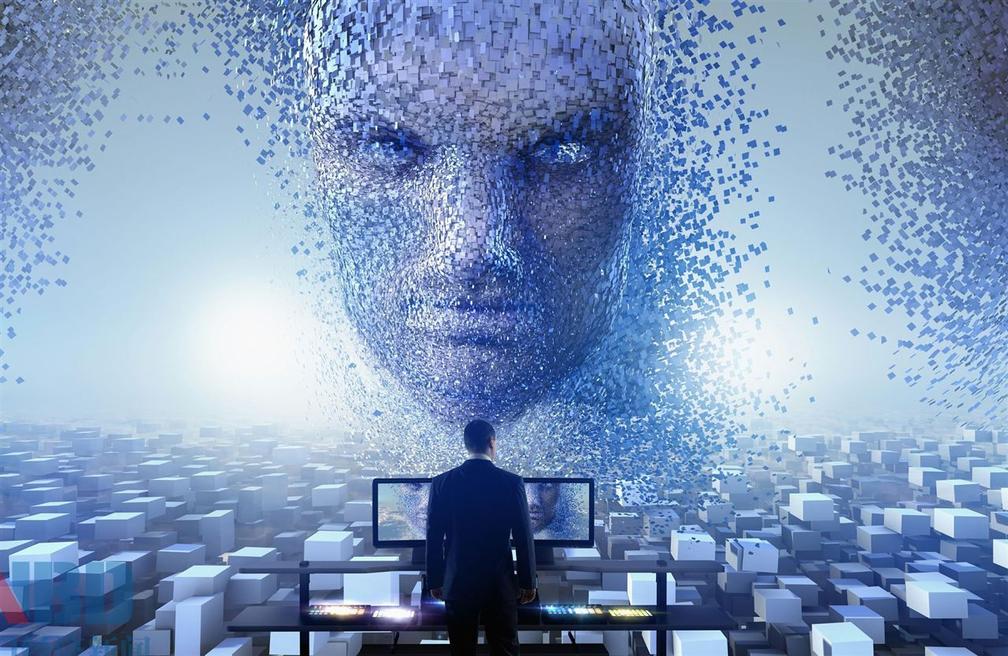Artificial intelligence will give humanity an ideal utopia?

This piece was crafted by the NetEase Smart Studio (smartman 163), focusing on AI and exploring the next frontier. [NetEase Smart News, August 25] – will artificial intelligence usher in a utopia or a dystopian future for humanity? Will we face unemployment, displacement, or will we collaborate with robots to reach unprecedented heights of productivity?
The tech world is brimming with visionaries. For instance, Bill Gates and Elon Musk both express concerns over AI's potential threats, while Google's Ray Kurzweil suggests that the day of reckoning is still far off.
In reality, AI has been around for quite some time. Many mistakenly equate AI with human consciousness, thanks to Hollywood's portrayal of tragic robot uprisings. However, AI and human consciousness are fundamentally different. As Hillary Clinton noted in her book, "A Brief History of the Future," AI doesn't necessarily possess superhuman abilities. It excels in certain domains, far surpassing human intellect. IBM's Watson triumphed over human contestants on the quiz show "Jeopardy!" in 2011, and Google's AlphaGo defeated Lee Sedol, the world-renowned Go player, in a decisive series of matches. For skeptics who think AI's applications are limited, its scope has been expanding rapidly in recent years.
AI hinges on intelligent algorithms, which rely heavily on the analysis of vast datasets. This explains why Utah has become a hub for AI innovation. Gorenberg, a former general manager at Zetta Venture Partners, a San Francisco-based venture capital firm specializing in AI, understands this well. He has invested in several companies based in Utah. "Data analytics is at the heart of Utah's technological prowess," he stated.
Utah boasts several prominent data companies, such as Domo, Omniture (now part of Adobe), and Qualtrics. Yet, it also houses a lesser-known ecosystem. Take Teem, for example. "By installing software on iPads, teams can reserve meeting rooms," Gorenberg explained. During this process, they accumulate large amounts of data to predict future digital workplace trends. Retailers can leverage machine learning to analyze transactional data, similar to how Amazon optimizes e-commerce operations. InsideSales employs data analysis techniques to boost sales efficiency by tracking ROI metrics, transaction methods, and action steps. Verscend, a medical analytics firm, uses effective data to provide clients with smarter and more efficient health assessments.

Utah's tech sector clearly aims to capitalize on emerging data-driven smart algorithms. This is promising—but we still confront a pressing issue: will AI replace human labor? Will humans become obsolete? My answer is yes, but Gorenberg insists that AI creates numerous job opportunities across various fields. "Of course, we'll lose jobs," he remarked, "but people don’t yet see the new roles that will emerge."
Consider autonomous vehicles. Many earn their livelihoods through driving—taxi drivers, chauffeurs, and the like. They exert significant effort to earn comparable salaries, whether they are law-abiding citizens or individuals involved in illegal activities. Autonomous cars will undoubtedly disrupt these professions. Next comes parking. Gorenberg pointed out that "30% of downtown areas are dedicated to parking spaces where cars sit idle all day. An autonomous vehicle system, with its data-driven insights into public transportation, could provide real-time traffic analysis." The demand for personal vehicles would plummet, and they could be parked outside city centers, fulfilling people's needs more efficiently.
Thirty percent of urban land is a vast area. Gorenberg envisions a surge in construction due to the shift in urban dynamics. He believes downtown areas could host gardens, manufacturing hubs, and other industries.
Moreover, Gorenberg sees these large-scale initiatives creating countless job opportunities in envisioning a transformed city. "You’ll need construction workers, architects, urban planners, software developers to facilitate IoT growth. We’ll require energy and water experts to make cities more functional. In short, reusing urban space represents a trillion-dollar opportunity and will generate countless jobs."

Economist James Bessen concurs with Gorenberg. In his article, "How Computer Automation Affects Employment: Technology, Work, and Skills," he acknowledges that full automation might lead to unemployment. However, most automation remains partial, with only specific tasks requiring full automation. As James Bessen’s research reveals, only one occupation—the elevator operator—vanished among 270 surveyed in 1950. Bessen argues that most unemployment stems not from machines replacing humans but from humans leveraging machines to replace themselves. Or, as Gorenberg put it, "This AI revolution mirrors other technological waves."
Are Bessen and Gorenberg overly optimistic about AI replacing human labor? Only time will tell. What’s undeniable is that intelligent algorithms are helping humans perform their tasks more effectively. As Jack Ma, CEO of Alibaba, once predicted, one day, smart robots might become CEOs. What we do know is that, as Gorenberg notes, "a CEO equipped with abundant data is a good CEO."
In the short to medium term, collaboration between humans and robots will significantly boost our efficiency. Armed with machine learning, data, and intelligent algorithms, humans will outpace their predecessors in the knowledge economy.
Dave Elkington, CEO of the company, stated that the firm maintains a "database of over 100 billion sales records." Using intelligent algorithms to guide sales teams with massive data has led to such precise analyses that users question data reports. Data-driven, AI-focused sales personnel—how can traditional salespeople compete? They likely cannot.
Intelligent robots also augment human capabilities in crucial areas. Developed nations face physician shortages, whether general practitioners or specialists. AI's growth in medicine could enable more people to access services once reserved for a select few. AI can assist nurses in analyzing ultrasounds and other medical images, tasks currently performed by medical experts. Thousands of high-skilled nursing positions could be filled by intelligent robots. More importantly, if lower-tier professionals could undertake advanced medical services now exclusive to the medical profession, doctors could focus on R&D spanning 7-10 years.

If steam power marked the first wave of technology, software/Internet the second, then AI might represent the third. In Gorenberg's view, the massive number of scientific and data analysis jobs required for this AI revolution will rival the millions of developers during the software revolution 25 years ago.
In the next 5 to 10 years—or longer—we will witness AI's profound impact. One thing is certain: AI is here to stay and will reshape the world.
(Selected from: utahbusiness.com, Author: Jacob Gang Limpet Mao and Quasi-A Um Pi Quiet Whispering Sound Gizzard Teach  Reviewed: Song Yufei)
Pressure Lnstrument Controller
Pressure Lnstrument Controller,Instrument Weighing Controller,Instruments Digital Temperature Controller,Instrument Weighing Display Controller
Xiaogan Yueneng Electronic Technology Co., Ltd. , https://www.xgsensor.com